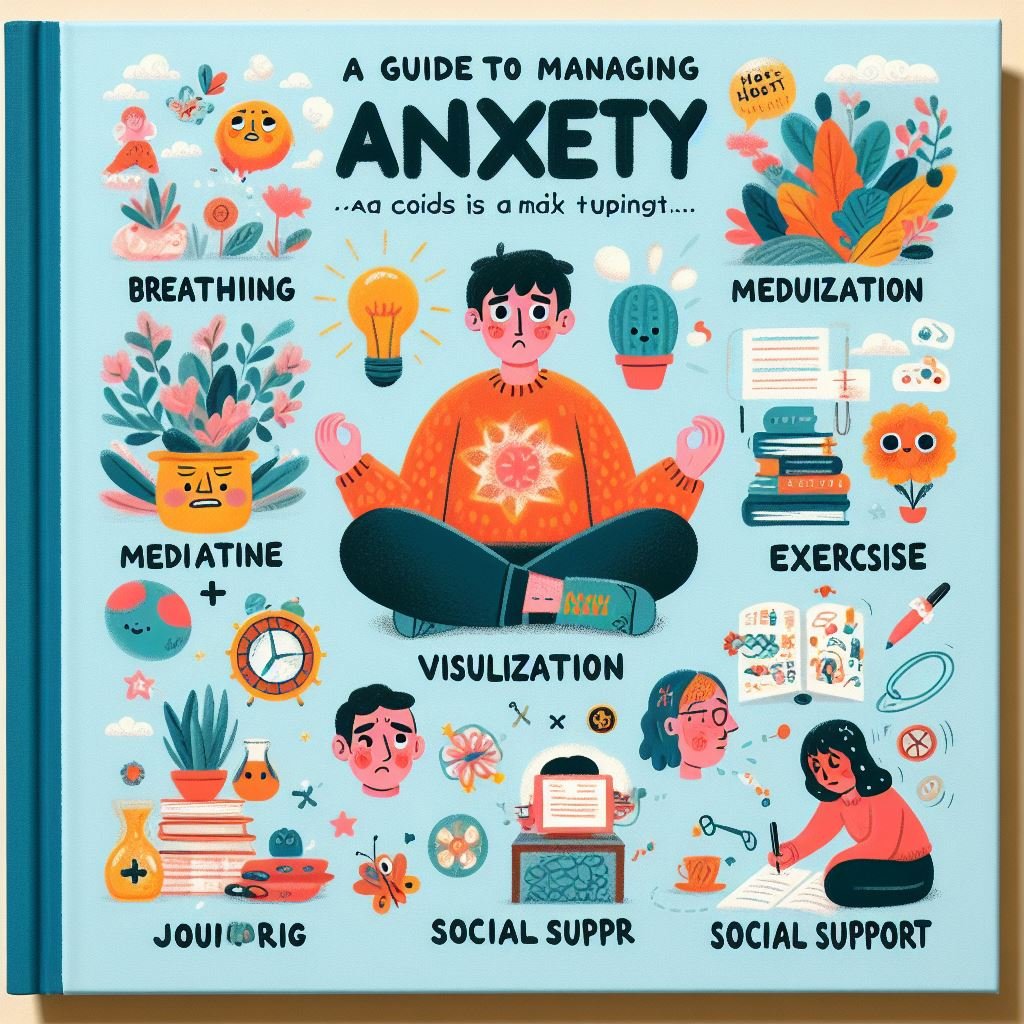How to Quit Smoking
Here I have listed 10 Easy Steps to follow to return to Smoke-Free Life.

To quit smoking is tough but worth it for a healthier life. In this article, we’ll go through 10 simple ways to help you quit smoking successfully.
1: Choose a Quit Date and Make a Plan:
Pick a day to quit and get ready. Think about what might make you want to smoke and plan how to handle those situations. Tell your friends and family about your plan for extra support.
Pick a particular date like your birthday or a memorable day:
Plan to avoid situations where you usually smoke. If stress triggers smoking, plan to use relaxation techniques on your quit day.
2: Destroy the feeling of “Just One Cigarette”:
If you really want a cigarette, having just one might seem like a good idea. But it’s tricky. Usually, one leads to more, and you might start smoking again.
3. Ask for Help from Professionals:
Talk to doctors or join programs that help people quit smoking. They can give you advice, recommend medicines, and support you. Combining their help with your determination makes quitting easier.
You may connect with your family doctor about your plan to quit. They may suggest nicotine replacement therapy (NRT) or medications as appropriate based on the addiction level and with the holistic approach. Use their professional expertise to create a personalized quitting strategy.
4. Keeping away temporarily from Smoke Buddys:
This may sound a bit rude, however, it has been found that people who want to quit smoking return back to smoking due to the obvious stimulation of urge to smoke when around with their smoking buddy, friend or colleaques.
You may inform them about your desire to become smoke free, hence ask their support in the cause. This way you not only quit smoking, but create an example for them too to quit smoking.
5. Stay Active with Exercise:
Exercise helps distract you from smoking and makes you feel good. Find activities you like, such as walking or biking, to keep you moving. Exercise also helps with stress, replacing smoking as a way to cope.
6. Make Healthy Changes:
Eat a balanced diet with lots of fruits, veggies, and whole grains. Drink water and limit caffeine, as it can make you want to smoke. Sleep well and manage stress to support your quit-smoking journey.
7. Relax with Mindfulness:
Practice mindfulness activities like meditation or deep breathing. They help manage stress and reduce cravings. These activities keep you focused on the present moment and your goal to quit smoking.
8. Reward Yourself:
Celebrate each success on your journey. Treat yourself when you reach a milestone. This positive reinforcement encourages you to keep going.
9. Stay Positive and Keep Trying:
Quitting takes time. Stay positive and think about the good things that come with quitting. If you slip up, it’s okay. Learn from it and keep moving forward.
10. Activate your Will Power:
Using your strong willpower to quit smoking is like unlocking a superpower for a healthier you.
When you decide to stop smoking, it means you’re using your inner strength to make good choices. Set clear goals for yourself and remember why quitting is a good idea, like being healthier or saving money. Keep your focus on these reasons. It also helps to have support from your friends and family.
Find new, healthy things to do instead of smoking when you get the urge. Activating your willpower means believing in yourself and sticking to your goal of living without cigarettes. You’ve got the power to do it!
Conclusion from the Author:
Smoking is really bad for your health. It can make you very sick and even lead to death. When you smoke, harmful things go into your body, and they can hurt different parts, like your heart and lungs. Smoking can cause heart problems and make it hard to breathe.
It’s especially dangerous for your lungs and can even give you a sickness called lung cancer. If you smoke around others, like kids, it can make them sick too.
Smoking can also hurt your teeth and make your breath smell bad. If a pregnant woman smokes, it can be very bad for the baby growing inside her.
Smoking is expensive, and it makes it harder for people to work and be healthy. So, it’s really important not to smoke and to encourage others to quit if they do. That way, we can all be healthier and live better lives.
Remember, your life not only matters to you, but also to your parents who raised you from their unconditional love from their heart,your kids, your wife and whoever loves you and want to be around you.
FAQs
Why is choosing a quit date important when trying to quit smoking?
Selecting a quit date provides a concrete goal for cessation. Planning for potential triggers and informing friends and family about your plan adds support and structure to the process.
Why is it crucial to avoid the mentality of "Just One Cigarette"?
Having just one cigarette can lead to a relapse. It’s important to recognize the slippery slope and stay committed to quitting to avoid the cycle of addiction.
How can professionals help in the process of quitting smoking?
Consulting doctors or joining smoking cessation programs provides valuable advice, recommendations for medications or nicotine replacement therapy (NRT), and emotional support. Combining professional guidance with personal determination enhances the chances of success.
Why is it beneficial to temporarily distance oneself from smoking buddies?
Avoiding situations with smoking buddies can reduce the stimulation of the urge to smoke. Communicating your desire to quit and seeking their support can create a supportive environment for both quitting and setting an example.
How does exercise contribute to quitting smoking?
Exercise serves as a distraction from smoking, improves mood, and helps manage stress. Engaging in activities like walking or biking provides a healthier outlet for coping with stress, replacing the need for smoking.
Why are healthy lifestyle changes important during the quit-smoking journey?
Adopting a balanced diet, staying hydrated, limiting caffeine, prioritizing sleep, and managing stress contribute to overall well-being and support the process of quitting smoking.
What role does mindfulness play in quitting smoking?
Mindfulness activities like meditation or deep breathing assist in stress management and reduce cravings. These practices keep individuals focused on the present moment and the goal of quitting smoking.
Why is rewarding oneself important in the quit-smoking journey?
Celebrating successes and milestones reinforces positive behavior, encouraging individuals to continue their journey towards a smoke-free life.
How can one stay positive and persistent during the quitting process?
Quitting smoking is a gradual process, and it’s essential to remain positive and focus on the benefits of quitting. Learning from slip-ups and maintaining a forward-moving attitude contribute to long-term success.
How does activating willpower contribute to quitting smoking?
Activating willpower involves setting clear goals, believing in oneself, and sticking to the commitment of living without cigarettes. It is a powerful tool for making positive choices and achieving a healthier lifestyle.
Why is smoking harmful to health, and how does it affect different parts of the body?
Smoking introduces harmful substances into the body, affecting the heart, lungs, and overall health. It can lead to heart problems, breathing difficulties, and is particularly dangerous for the lungs, increasing the risk of lung cancer. Smoking is also detrimental to oral health and can negatively impact pregnancy.
Why is it important to quit smoking for personal and societal well-being?
Quitting smoking benefits personal health, including the heart, lungs, and overall well-being. It also contributes to a healthier society by reducing the risk of secondhand smoke exposure for others, especially children. Additionally, quitting smoking has financial and workplace-related advantages, promoting a better quality of life.



Pingback: Prevent Diabetes: 10 Easy Steps to Healthy Lifestyle